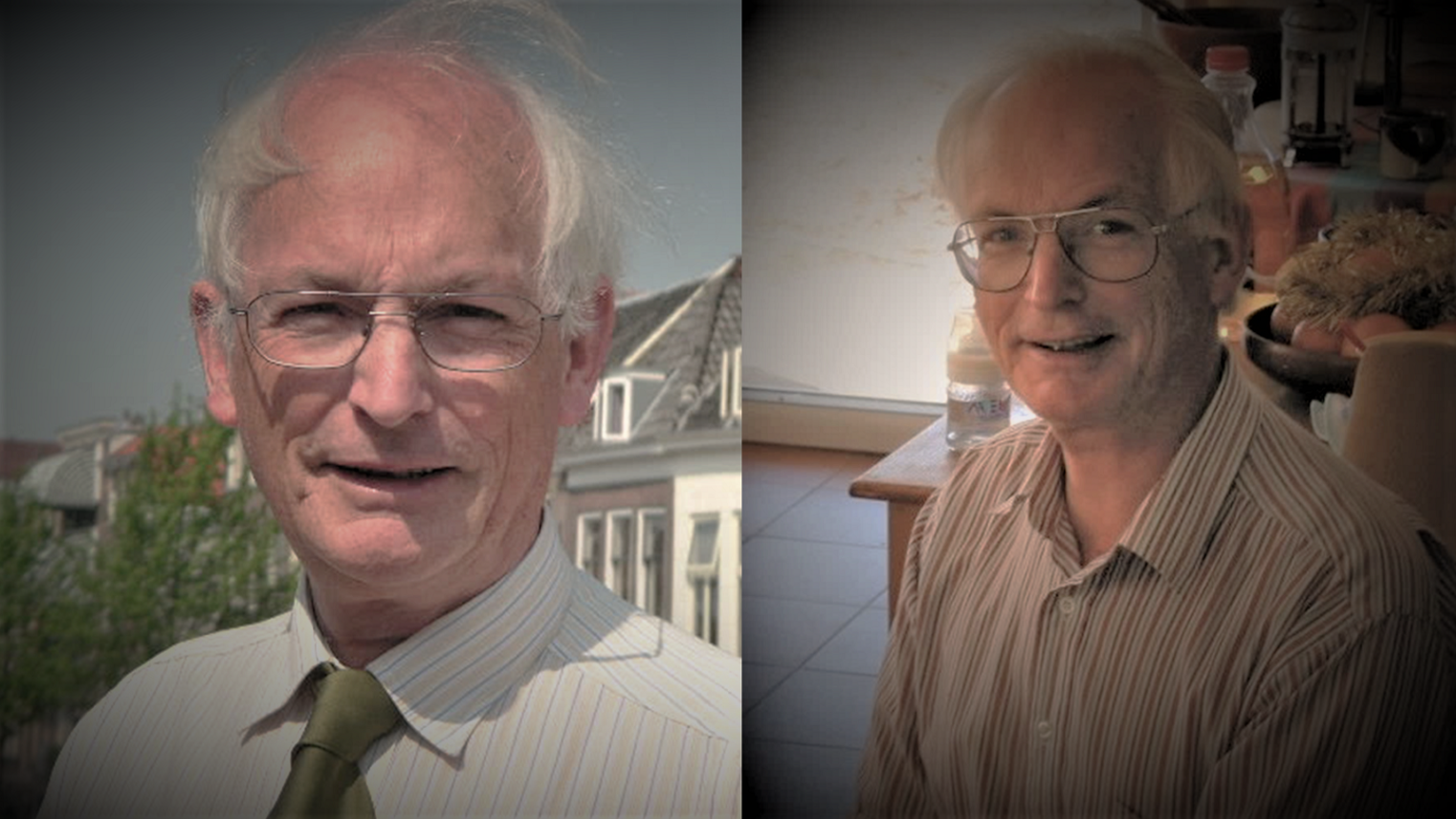Remembering Mark Elvin

He was a natural storyteller, a trait reminiscent of many a legendary historian. His son, John, recalls how, to prevent his children from fighting during long car journeys, Elvin would invent long stories about the adventures that their stuffed animals would have. These stories were eventually written down and self-published as novels by Mark Elvin, Emeritus Professor of Chinese History at the Australian National University and Emeritus Fellow of St Antony’s College.
On 6 December 2023, Professor Elvin sadly passed away in Oxford, England, leaving behind an indelible legacy in the realm of Sinology and academia.
The makings of a historian
The only child of Lionel Elvin and Mona Bedortha Dutton, Mark Elvin attended the Dragon School in Oxford and St Paul’s School in London and matriculated as an undergraduate at King’s College, Cambridge in 1959. He married the poet Anne Stevenson (1933–2020) in 1962 and together they had two sons (John and Charles) to add to his stepdaughter Caroline from Stevenson’s previous marriage.
Elvin worked as an Assistant Lecturer in Modern Chinese at the University of Cambridge, receiving his PhD in 1968 before moving to Scotland to become a member of the Economic History Department at the University of Glasgow. He moved to Oxford in 1973 to teach Chinese history at the University of Oxford in the Institute of Oriental Studies, combined with a Fellowship at St. Antony’s.
Following a divorce from Stevenson in 1983, Elvin married Dian Brooks in 1989 prior to moving to Australia in 1990 to take up the position of Chair in Chinese History at the Institute of Advanced Studies at the Australian National University. Living in a rural property in New South Wales, both Mark and Dian took great delight in the plants and wildlife, including resident wombats who would come to drink from their pond. Upon retirement in 2006, they returned to live in a village in West Oxfordshire.
Pioneering new pathways in Chinese historical studies
According to Robert Marks, Emeritus Professor of History and Environmental Studies (Whittier College, California, USA), Mark Elvin was a scholar of Chinese history and the author of several ground-breaking works that changed the way in which China and its history were conceived. His first book, The Pattern of the Chinese Past (1973), examined China’s economic, technological, and social history over 2,000 years of its imperial past, making new and exciting breakthroughs that opened new paths to a generation of scholars.
Rather than explaining China’s remarkable past in terms of institutions and culture (the imperial state and Confucianism), Elvin looked at the material bases of China’s civilisation and took on a very big question (one that still has not been definitively answered): if imperial China was so advanced economically and institutionally (as he clearly showed), why was it not the first civilisation to industrialise but instead stagnated? His answer, “the high-level equilibrium trap,” provoked new lines of research. To generations of historians who had been taught that China’s history was essentially based on Confucianism and defined by its values and institutions, The Pattern of the Chinese Past was a wake-up call to look to new horizons.
Elvin’s second major contribution was not a book but a scholarly article. “Three Thousand Years of Unsustainable Growth: China’s Environment from Archaic Times to the Present” (1993) signalled his change of focus to environmental history. Previously, he had been exploring the history and technology of water control works in China, a major topic that had long attracted attention from Chinese and Japanese scholars. However, “Unsustainable Growth” heralded the new field of Chinese environmental history.
A few historians of China had begun making forays into environmental questions as it became obvious that the world faced massive environmental challenges, and that China’s uniquely long and (mostly) continuous history might offer insights into those knotty issues. Mark Elvin pointed the way.
Establishing the foundations for Chinese environmental history
As more scholarship on and about China’s environment began to appear, Elvin worked with Professor Liu Ts’ui-jung to pull together the first academic conference on China’s environmental history, held in Hong Kong in December 1993. That meeting brought together 40 or so scholars who presented their work and discussed that of the other presenters. Most of the papers were then gathered and published, with Elvin and Professor Liu as editors, first in Chinese (1995) and then in English as Sediments of Time: Environment and Society in Chinese History (1998). That work is widely considered the foundational text for Chinese environmental history.
The last of Elvin’s major scholarly contributions was The Retreat of the Elephants: An Environmental History of China (2004). This book showcased his wide-ranging gifts as a historian, ranging from his masterful synthesis of a massive amount of scholarship, his own in-depth studies of China’s local history, together with his own translations of poetry. He explored and explained the 3,000-year-long process of deforestation, which not only destroyed species but turned “The River” Yellow and confronted the Chinese imperial state with on-going challenges that absorbed vast amounts of time and resources, as well as examining the phenomenon of war as a driver of environmental change, and climate change, among others. Returning to the question that animated his scholarship, Elvin concluded that China’s historically driven environmental impoverishment of natural resources put it at a disadvantage to West European countries (especially Britain) in the late-eighteenth and early-nineteenth centuries as their use of fossil fuels burgeoned into rapid industrial growth.
ANU Professor Emerita Judith Cameron said of Mark Elvin: “This master sinologist will be remembered at the Australian National University for his remarkable knowledge of all aspects of Chinese history and culture that he generously disseminated to students and colleagues, his erudition, predilection for storytelling, professionalism, unbounded enthusiasm and his friendship”.
Mark Elvin is survived by his wife Dian.